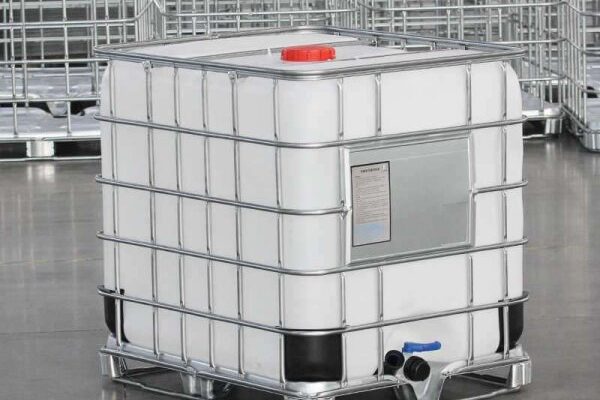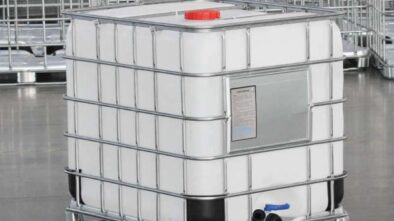The Versatility of IBC Tanks: Revolutionizing Liquid Storage and Transportation
Introduction: In the world of liquid storage and transportation, innovation has always been the name of the game. One remarkable innovation that has gained prominence in recent years is the Intermediate Bulk Container (1톤용기) tank. These robust, versatile containers have revolutionized the way businesses handle liquids, offering a cost-effective and environmentally-friendly solution for a wide range of industries. In this guest post, we will explore the myriad benefits and applications of IBC tanks.
Understanding IBC Tanks
An IBC tank, also known as an Intermediate Bulk Container, is a portable, reusable container designed for the storage, handling, and transportation of bulk liquids. They typically consist of a high-density polyethylene (HDPE) or metal container encased in a metal 1톤용기. The design ensures durability, structural integrity, and ease of handling.
The Versatility of IBC Tanks
- Liquid Storage:
IBC tanks are ideal for storing a variety of liquids, from water and chemicals to food products and pharmaceuticals. Their sturdy construction ensures that contents remain safe and secure, protecting them from environmental factors and contamination. IBC tanks come in various sizes, typically ranging from 275 to 330 gallons, accommodating the diverse needs of industries. - Transportation:
One of the standout features of IBC tanks is their ease of transportation. They are designed with built-in pallet bases and forklift pockets, allowing for efficient handling with minimal effort. This eliminates the need for expensive and specialized transportation equipment, making them a cost-effective choice for businesses. - Environmental Sustainability:
IBC tanks are a green alternative to single-use containers, significantly reducing waste and environmental impact. Their reusability makes them an eco-friendly choice, contributing to a reduction in packaging waste and lowering carbon emissions associated with single-use containers. - Chemical Compatibility:
IBC tanks are compatible with a wide range of chemicals, making them a preferred choice in the chemical industry. Their robust design ensures the safe containment and transportation of hazardous substances, complying with stringent safety regulations. - Customization:
Businesses can customize IBC tanks to meet their specific requirements. They can choose from a variety of materials, including stainless steel for the most demanding applications, and customize features such as valves, fittings, and gaskets.
Applications of IBC Tanks
IBC tanks find application across a multitude of industries, showcasing their versatility and adaptability:
- Agriculture:
Farmers use IBC tanks for irrigation, fertilization, and pesticide storage, ensuring efficient and safe use of agricultural inputs. - Food and Beverage:
The food and beverage industry utilizes IBC tanks for the storage and transportation of liquids like juices, syrups, and edible oils, maintaining product quality and safety. - Chemical Industry:
IBC tanks are a preferred choice for the storage and transportation of chemicals, including acids, solvents, and corrosive substances. - Pharmaceuticals:
In the pharmaceutical sector, IBC tanks help ensure the secure storage and transport of pharmaceutical ingredients and products while adhering to strict quality standards. - Construction:
IBC tanks are invaluable on construction sites for storing and transporting water, concrete additives, and other construction materials.
Conclusion
Intermediate Bulk Containers (IBC tanks) have emerged as a game-changer in the world of liquid storage and transportation. Their durability, versatility, and eco-friendliness have made them an indispensable tool for a wide range of industries. As businesses continue to seek cost-effective and sustainable solutions, 1톤용기 are likely to play an increasingly prominent role in shaping the future of liquid handling and transportation.


